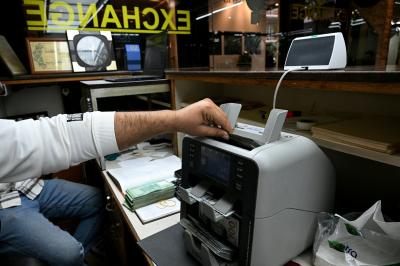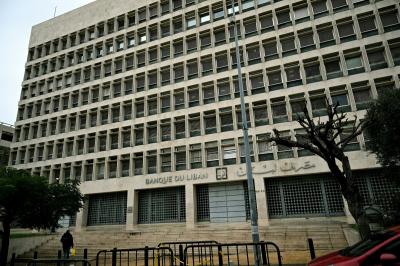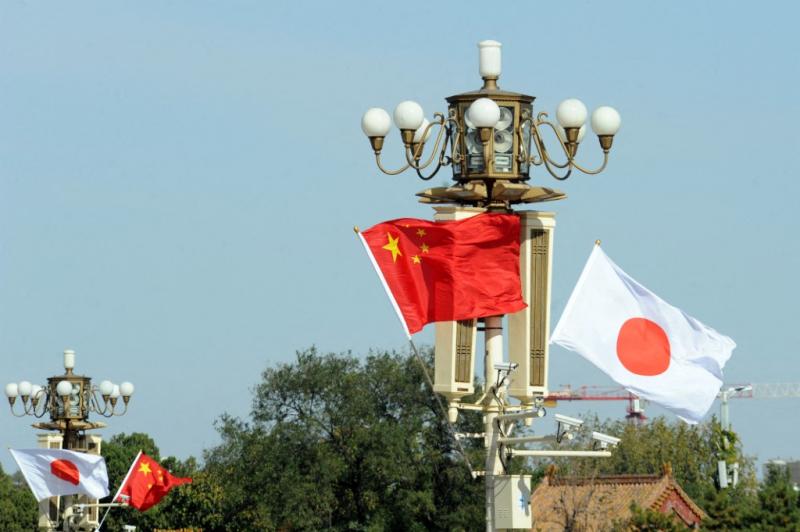Lebanon’s current fiscal and monetary policies appear to have gained the approval of international stakeholders, most notably the International Monetary Fund (IMF). Judging by the statements made after a weeklong round of discussions between the IMF mission and Lebanese authorities over a “comprehensive economic reform program,” an agreement may be reached before the end of the year. The new government’s approach seems markedly different from that of its predecessor, and many of the reforms previously demanded by the IMF have already taken place by default in recent years, thus removing the need for further deliberation.
Still, the question remains: will Lebanon, particularly its most vulnerable citizens, truly be better off under an IMF agreement, given the prevailing methods of governance?
Three Signals Raising Concerns
Three recent developments have prompted this critical question:
First, the government’s decision to fund military salary increases by imposing a $1 tax on every gasoline canister and a $2 tax on diesel, a move welcomed by the IMF. The Fund views Lebanon’s fuel prices as extremely low by international standards, encouraging excessive consumption of imported fuel, costing over $4 billion annually, widening the trade deficit, and negatively impacting the balance of payments.
Second, the IMF has endorsed the government’s strategy of amassing financial surpluses exceeding $7 billion in its account at the central bank. These reserves, the Fund believes, have helped stabilize the exchange rate and contain inflation, and could assist in future debt restructuring and fiscal sustainability.
Third, the IMF has hinted at a strict directive: no new public spending without new revenue sources and an absolute prohibition on printing money to cover expenses, regardless of the justification.
Justified Demands, Questionable Intentions
There’s a growing concern that the Lebanese government could exploit the IMF’s legitimate demands to pursue questionable policies. Given Lebanon’s deeply intertwined political and economic elites, it’s widely expected that no real reforms will be adopted unless external actors, such as the IMF, apply significant pressure.
Without such pressure, Lebanese officials are likely to dilute any recovery measures or strip financial laws of their essence. There is also fear that the government will adopt a Machiavellian "ends justify the means" approach, while the IMF turns a blind eye.
Sure, excessive fuel consumption in Lebanon is a problem—but it's not a luxury. In the absence of reliable electricity and public transportation, citizens rely on private diesel generators. According to Information International, Lebanon has around 11,000 large generators, including 3,600 that supply electricity to homes and businesses. Private cars—often fuel-inefficient and stuck in traffic—are the only viable transport option for most, due to the lack of public transit.
Thus, fuel taxes disproportionately harm low- and middle-income families. These are indirect taxes that hit everyone equally, but hurt the poor the most, since a larger share of their income goes toward fuel than that of the wealthy.
Fiscal Austerity—and Its Contradictions
Lebanon's fiscal performance in recent months surprised the IMF positively. In the first five months of this year, public sector deposits at the central bank jumped by 47.54%, reaching $7.04 billion by the end of May 2025—up from just $2 billion in December 2023, a $5 billion increase in less than a year and a half.
These funds include tax revenues and fees collected by the Ministry of Finance and other public institutions with independent budgets, such as the Port of Beirut, the National Social Security Fund, water authorities, and municipalities.
The increase is due to a combination of three key factors:
- Revaluing “lollars” (Lebanese bank dollars) in accounting terms into Lebanese lira at an official rate of 89,500 LBP/USD;
- Collecting some fees in cash U.S. dollars and others in lira at the new rate;
- Implementing severe austerity, cutting investment spending in the 2024 and 2025 budgets to nearly zero.
While these policies have positively impacted the exchange rate and inflation and ended the reliance on money printing to fund public spending, they also coincide with the freezing of compensation for victims of Israeli attacks (amounting to over $7 billion in damages), a tripling of poverty rates over the past decade (according to the World Bank), and the collapse of public sector salaries and benefits.
IMF Mission’s Recommendations
After its visit to Lebanon from May 28 to June 5, the IMF mission—headed by Ernesto Ramirez Rigo—reiterated Lebanon’s need for a "bold medium-term strategy" to mobilize revenues, rationalize expenditures, increase financial transparency, improve public finance management, and create space for expanded social protection and capital investment.
In discussions about the 2026 budget, the mission stressed the importance of supporting a medium-term fiscal framework, restructuring Eurobonds to restore debt sustainability, and emphasized that, given Lebanon’s massive reconstruction needs, the reform agenda will require substantial support from external partners, preferably on highly concessional terms.
Additionally, the mission called for revamping the banking system, transitioning away from the current cash-based economy, reviving private sector lending, and enacting key fiscal and monetary reform laws.
Two Questions the IMF Must Answer
Given Lebanon’s troubled history of generating revenue mainly through indirect taxation, and the fact that less than 50% of businesses operate within the formal economy, the IMF must answer two critical questions if it genuinely seeks Lebanon’s best interest:
- Where will this revenue come from?
- Where will the austerity begin?
While the state’s current approach to revenue generation is deeply problematic, its spending priorities are no less so. One striking example is Decree No. 275, which sets the monthly lump-sum compensation for the head of the Telecommunications Regulatory Authority at 716 million LBP ($8,000) and 626.5 million LBP ($7,000) for each board member, all before restructuring the public sector or reforming civil servant salaries.
This is not the austerity Lebanon was promised.
Please post your comments on:
[email protected]
 Politics
Politics













